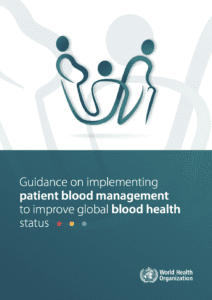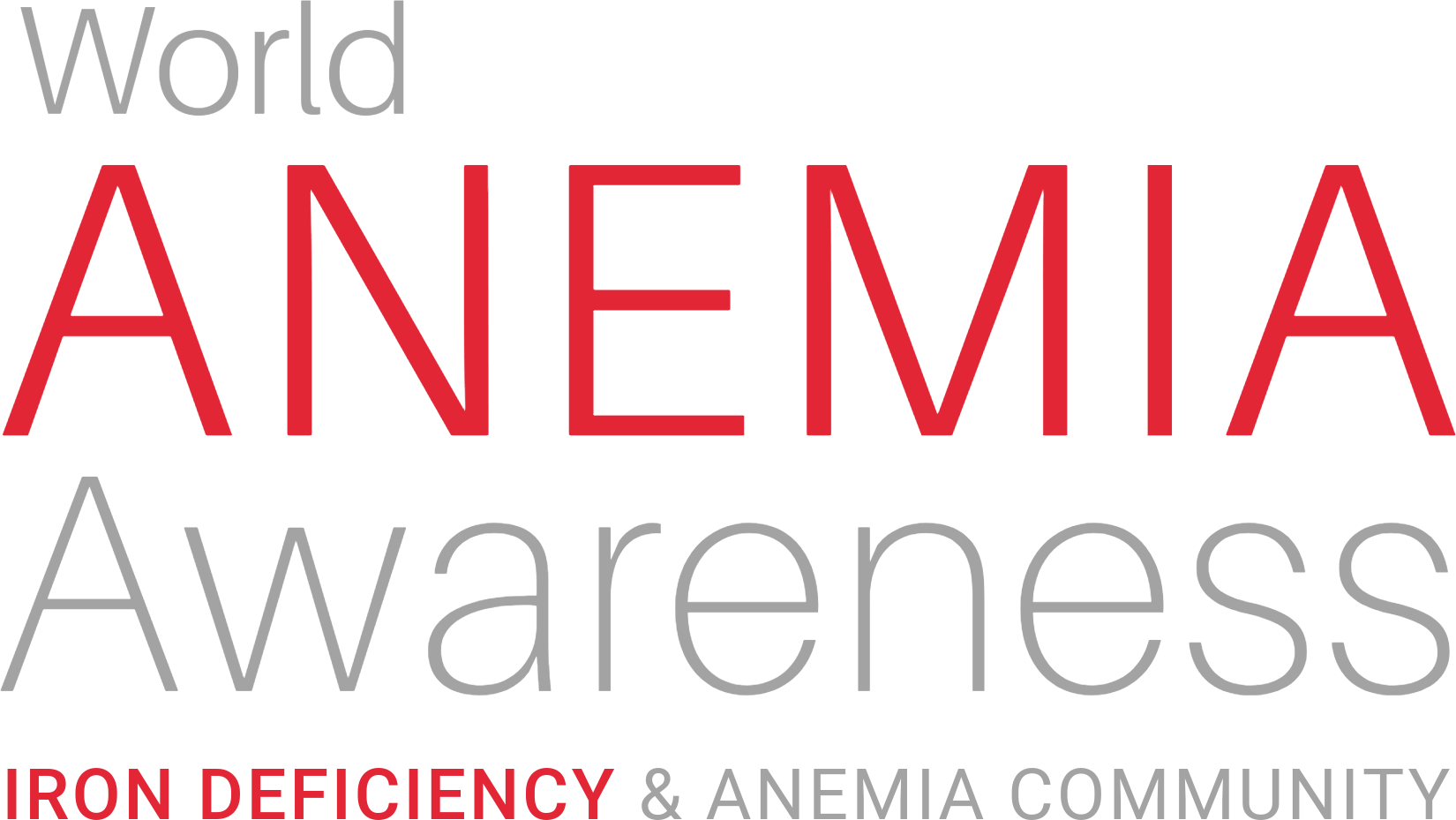
Transforming Blood Health: What the WHO’s New Guidance Means for You
On March 14th, 2025, the World Health Organization (WHO) made a groundbreaking stride in healthcare by releasing its “Guidance on Implementing Patient Blood Management (PBM) to Improve Global Blood Health.” While it sounds technical and a real mouthful, this new guidance is not just about policies—it’s about how medical care can become safer and more effective for people like you and me. Let’s break down what this means, why it matters, and how it can impact our life.
What’s Patient Blood Management (PBM)?
Patient Blood Management is all about improving healthcare by ensuring your blood is healthy. It helps doctors address conditions like anemia or low iron, which are essential for recovery and overall well-being. Better blood management leads to safer childbirth, cancer treatments, surgeries, and faster recovery times. In short, it can prevent complications and significantly improve health outcomes for millions worldwide.
The Role of Patient-Centred Care in Blood Health
Patient-centred care puts you at the heart of every healthcare decision. It’s a compassionate approach where your values, needs, and preferences guide the way. Instead of a “one-size-fits-all” plan, it ensures that your voice shapes your treatment, keeping you informed, empowered, and in full control. This approach builds trust and teamwork, allowing you and your healthcare team to work together for the best results personalized to your needs. It’s care that truly listens—and cares.
This approach fits perfectly with the goals of PBM, ensuring that blood health decisions always reflect your needs and preferences.
Why Does It Matter?
What sets this guidance apart is its emphasis on evidence-based practices. Evidence-based practices are like using recipes that have been tested and approved. Imagine if someone gave you a recipe and said, “I’ve tried this recipe so many times, and it always turns out great—it’s just one of those dishes you can count on every time.” Similarly, evidence-based practices in healthcare are methods that have been carefully studied and shown to be effective through research. It’s not about guesswork—it’s about relying on solid proof. These methods empower healthcare providers to make informed decisions that ensure safer, smarter, and more reliable care for patients. It’s a global step toward safer and better healthcare.

How Does This Impact You?
Have you ever thought about how your blood health affects your recovery and overall well-being? Whether you’re facing surgery, pregnancy, or cancer treatment, your blood health is a key part of your overall health and recovery. PBM puts a focus on treating conditions like anemia and iron deficiency, which can otherwise lead to complications. With proper management, patients recover faster and live healthier lives. One of the situations where blood health becomes critically important is during pregnancy and childbirth.
Childbirth Risks and the Importance of Proper Care

Childbirth can be risky, and it’s important to know the dangers. Problems like heavy bleeding (called hemorrhage), infections, or high blood pressure (known as preeclampsia) can happen to moms during or after giving birth. Many of these issues can be avoided with proper care, but sometimes they go unnoticed, especially in places where healthcare is harder to get. Taking care of moms during pregnancy and after childbirth is key to keeping them safe and healthy.
PBM can play a vital role here by focusing on improving blood health during pregnancy and childbirth, reducing complications, and supporting safer outcomes for mothers and babies alike.
Here’s where it gets practical: asking your doctor about your blood health ensures you’re getting care that aligns with this new guidance.
What Needs to Happen Next?
The WHO has provided a clear framework for ministries of health, hospitals, and healthcare professionals to implement PBM policies effectively. Now, it’s up to healthcare institutions to put these guidelines into action and bring real change to patient care worldwide.

But this isn’t just about institutions—it’s about raising awareness. What can you do to raise awareness in your community? YOU can play a role by understanding your own blood health and supporting PBM practices in your community by talking about it with medical professionals, your friends, in fact everyone.

Why It's a Global Game-Changer

The WHO’s new guidance doesn’t just improve health for patients—it builds safer systems for all. It’s the kind of progress that changes lives, one step at a time. So, let’s spread the word, ask the right questions, and advocate for better blood health. Together, we can make global healthcare stronger, safer, and more effective for everyone.
Why It’s a Global Game-Changer
The WHO’s new guidance doesn’t just improve health for patients—it builds safer systems for all. It’s the kind of progress that changes lives, one step at a time. So, let’s spread the word, ask the right questions, and advocate for better blood health. Together, we can make global healthcare stronger, safer, and more effective for everyone.
A Call to Action: Take Charge of Your Blood Health
This guidance marks progress, but the journey isn’t complete. Here’s how you can help make it count:
- Ask your doctor about your blood health during your next visit, especially if you’re pregnant, preparing for surgery, or undergoing cancer treatment.
- Share this information with friends and family—awareness leads to action.
- Support organizations that promote blood health education and practices.
Get the Guidance You Need for Better Blood Health
Stay informed and empowered—subscribe now for regular updates straight to your inbox!
📄 Read the official WHO guidance on Patient Blood Management here
(Direct Link: https://iris.who.int/handle/10665/380784)
Knowledge Can Change Lives
Sign up for curated content on anemia and iron deficiency — new articles, videos, and updates
